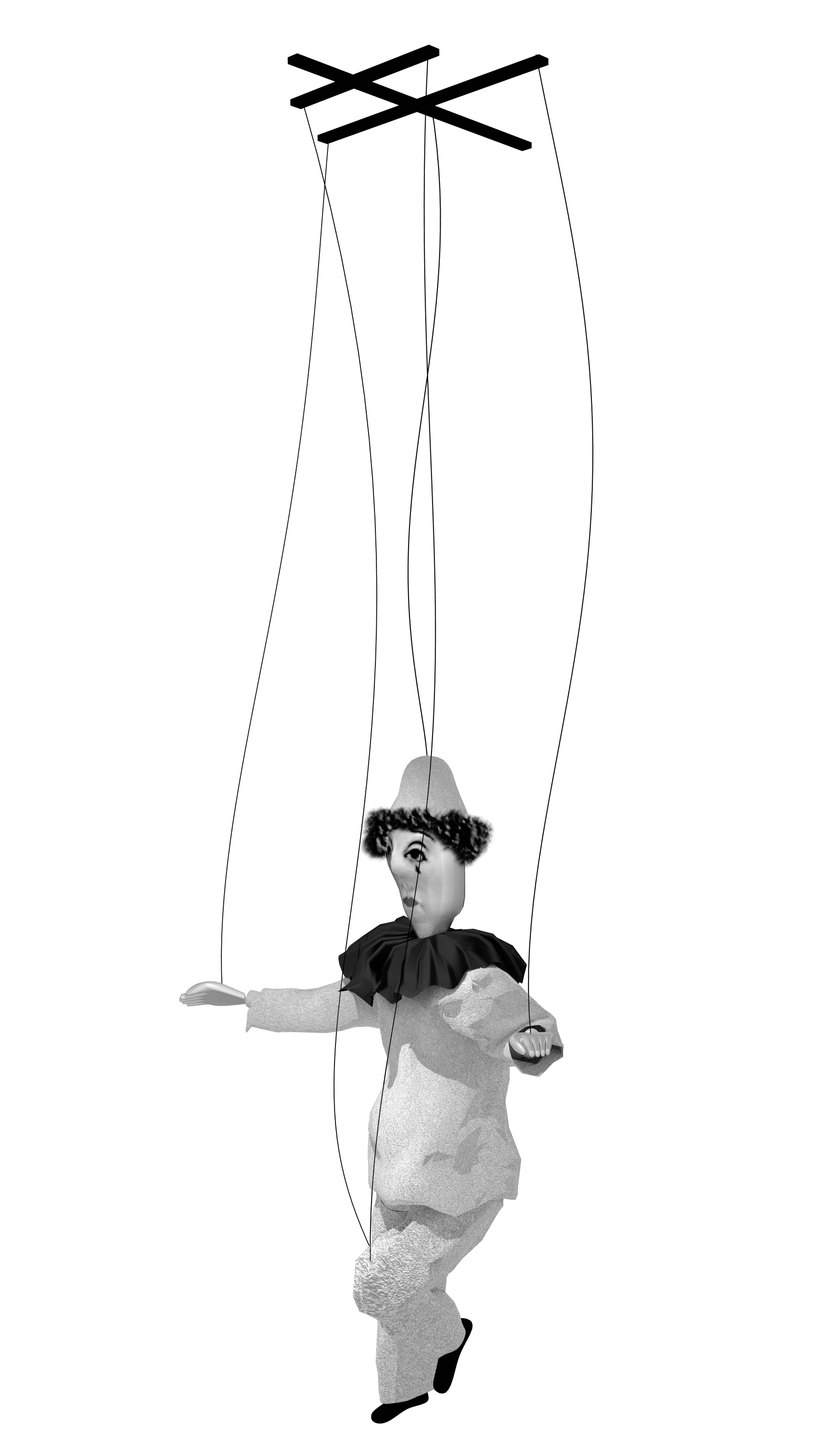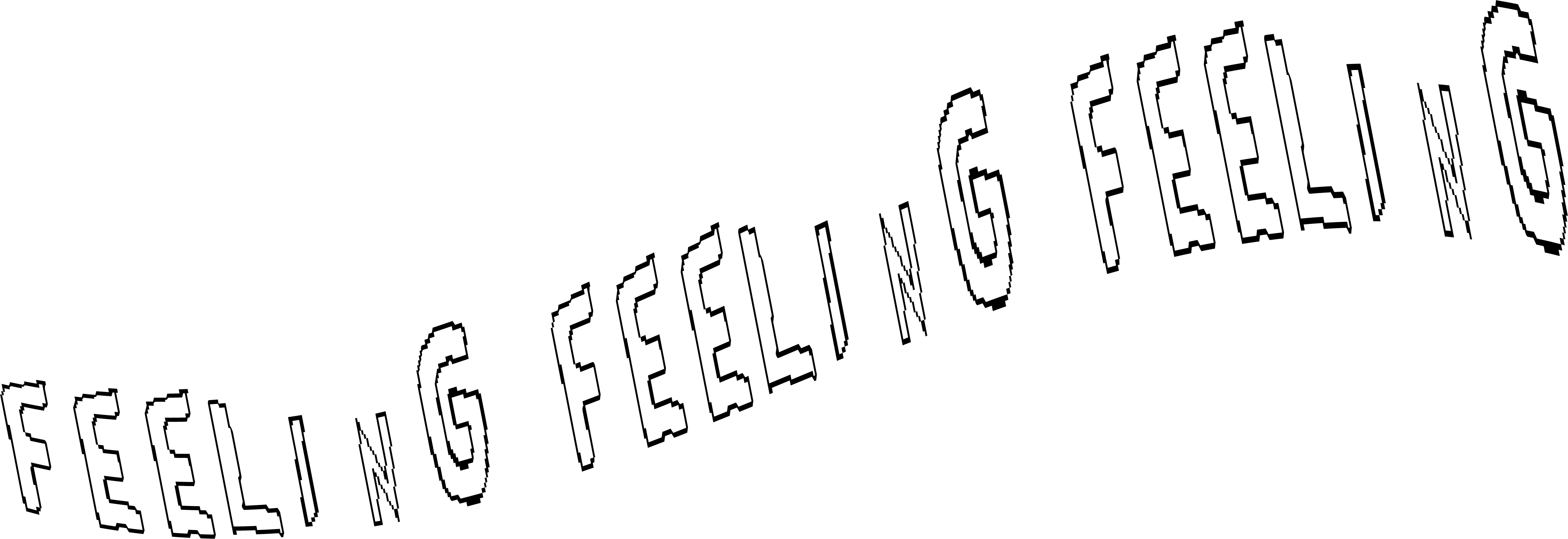Video 2:08 min, Morse code generator translating "He loves me he loves me not"
"Dramatic Monologue" 2022, audition tape by Ashlyn Vaughn, 1:11 min, found on YouTube
The Employees
A work-place novel of the 22nd century 2020, Olga Ravn
The crew of the Six-Thousand ship consists of those who were born, and those who were created. Those who will die, and those who will not. When the ship takes on a number of strange objects from the planet New Discovery, the crew is perplexed to find itself becoming deeply attached to them, and human and humanoid employees alike find themselves longing for the same things: warmth and intimacy. Loved ones who have passed. Our shared, far-away Earth, which now only persists in memory.
Gradually, the crew members come to see themselves in a new light, and each employee is compelled to ask themselves whether their work can carry on as before – and what it means to be truly alive.
"Not Writing" from Garments Against Women, by Anne Boyer, 2015
"Sofia Awakens", 2016, Youtube video by Hanson Robotics
"Meet Sophia the Robot as she discovers the world for the first time"
- Emily Dickinson
The future is only an idea. When we reach it, it has become the present.
Time is not composed of past, present, and future. It is composed of now, and now, and now.
"He loves me he loves me not"
by Josephus Laurentius Dyckmans
Divining answers by plucking a flower's petals (e.g. "she loves me, she loves me not...")
is called "Floromancy."
Floromancy is based on the belief that flowers radiate vibrations, react to a sympathetic or hostile environment and are affected by electric shocks.
One could say, that when a flower is able to show sympathy and is affected by their near surroundings, this equates to the flower showing signs of consciousness. Thus implying that ripping their appendages would seem a cruel abuse of the their inherent power to guide and yield answers.
I always pick a flower to death.
I always
I know you say I'm no prisoner here, but the objects have told me otherwise.
An amorous discourse in the suburbs of hell, 2014, by Deborah Levy
And another "He Loves Me, He Loves Me Not" painting by Giacomo di Chirico - 1872
Rhubarb - Aphex Twin
Nocebo - Alto Arc
pick a flower
to death.

"I need more" from Cyrano, 2021
A musical adaptation from the 1897 play "Cyrano de Bergerac"
It's 1640, Paris.
Cyrano de Bergerac is an exquisite poet, with an odd appearance. Although he has a way with words, his uncannily long nose makes him deeply insecure of his appearance. Despite being madly in love with his niece, Roxanne - with whom he shares a collective love for poetry, he fails to confess his love for her, afraid she will not be able to love a man with such a long nose. When he finally finds the courage to express his deep rooted feelings towards her she beats him by confessing that she has fallen for a handsome young soldier. Cyrano's heart shatters.
Unfortunately, it turns out that this fine-looking soldier is not as eloquent with his words as Roxanne would have hoped for. Unable to express his love in a more literate and alluring confession than the three shallow words "I Love You", Cyrano finds Roxanne significantly offended by their distressingly disappointing date. Since Cyrano knows exactly how to mend the words Roxanne yearns to hear, he puts aside his jealousy for the fine young man and decides to become the soldiers ghostwriter. Through a fiery correspondence of love letters, which are signed off by the young soldier but composed by Cyrano himself, he manages to experience a romantic relationship with Roxanne through the vessel of the handsome soldiers body.


"Human sensibility is narrowing as humans are more immersed in an artificial context. As humans interact with automata, they forget their conjunctive finesse and their ability to detect signs of irony and seduction. They replace vibrational sensibilty with connective precision."
- Franco "Bifo" Berardi